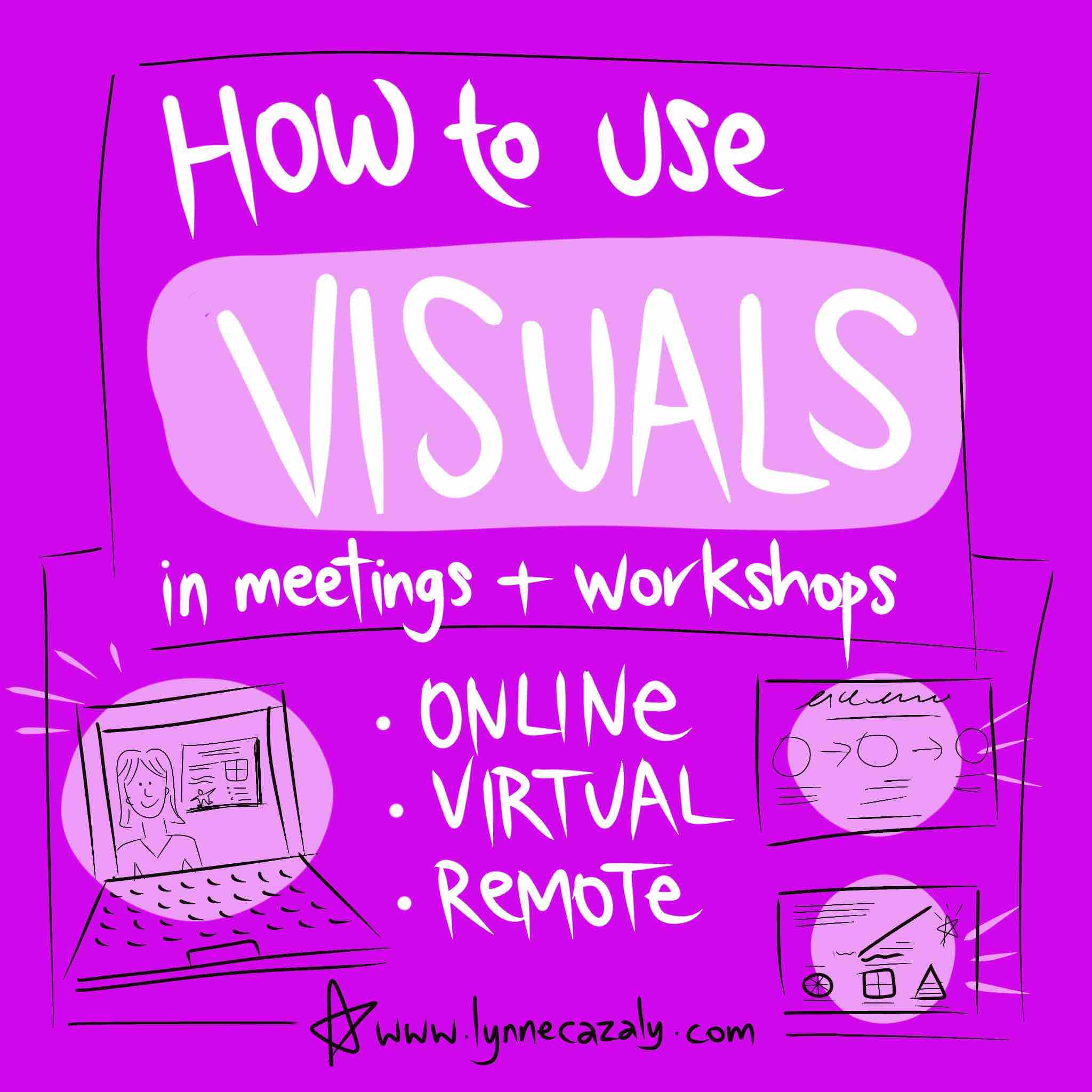Bringing 3 skills together
 Saturday, November 14, 2020 at 9:46AM
Saturday, November 14, 2020 at 9:46AM A skill on its own is good. Another skill... even better. Three skills? Three times the goodness!
The skills and capabilities we have work well on their own. But when they’re combined and integrated - even better.
Working with a group of business analysts recently, we took the three skills of :
- questioning
- facilitating
and
- visualizing
and integrated them.
Beyond just using the skills on their own individually, one then the other, then the other ... we used all three at once. Integrated.
Engagement was better.
Elicitation of requirements was easier.
Progress was faster.
These three skills can work well with each other, leverage each other and make our roles and challenges easier.
For the team of business analysts, it was an experience I call a ’skills lift’.
Greater confidence and capability.
And an exponential return on one, two, three skills, multiplied and amplified when they’re working together.




















